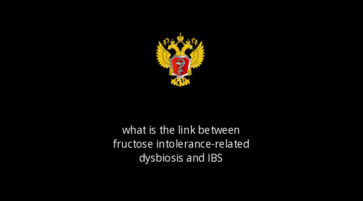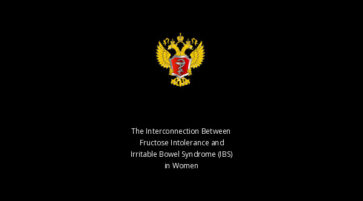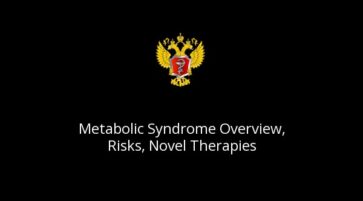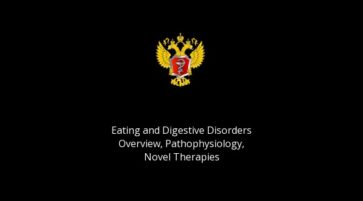
Aybintio (abaloparatide)
Aybintio is a prescription medicine used to treat osteoporosis in postmenopausal women at high risk…

Fructose malabsorption can disrupt the balance of gut microbiota, leading to dysbiosis characterized by changes in the composition and function of gut bacteria. Dysbiosis may involve an overgrowth of certain bacteria capable of fermenting fructose, as well as a reduction in beneficial bacteria that help maintain gut health…. Read More »

Fructose intolerance can exacerbate symptoms of Irritable Bowel Syndrome (IBS) in susceptible individuals, particularly women. The fermentation of undigested fructose by colonic bacteria produces gas and short-chain fatty acids, contributing to abdominal distension, pain, and altered bowel habits characteristic of IBS…. Read More »

Metabolic syndrome is a cluster of metabolic disorders that occur together, including abdominal obesity, high blood pressure, high blood sugar, and high cholesterol levels. These conditions increase the risk of developing type 2 diabetes, cardiovascular disease, and other health problems…. Read More »

Eating disorders are a group of mental health conditions characterized by abnormal eating habits and attitudes towards food, weight, and body shape. The most common types of eating disorders include anorexia nervosa, bulimia nervosa, and binge-eating disorder…. Read More »

When the body experiences a fight or flight response, it releases stress hormones such as adrenaline and cortisol. These hormones can stimulate the production of stomach acid by activating the sympathetic nervous system, which can increase the activity of the gastric glands that secrete hydrochloric acid (HCl)…. Read More »

Aybintio is a prescription medicine used to treat osteoporosis in postmenopausal women at high risk…

Paxlovid is a combination drug containing two antiviral agents, nirmatrelvir and ritonavir. It is used…

Xcopri is an anticonvulsant medication used to treat partial-onset seizures in adults. In the clinical…

The link between ALS and environmental exposures has been an area of active investigation, with researchers…

Quercetin is a flavonoid and phytochemical found in many fruits, vegetables, and herbs. It is a potent…

Quercetin-rich foods and supplementation offer potential health benefits for various population groups.…

Hericium erinaceus, also known as the Yamabushitake mushroom, is a type of edible and medicinal mushroom…

In addition to its joint-related benefits, collagen peptide type 2 may also support skin health by promoting…
Diet Type: low-fat
Daily Calories: 1500 cal
Carbs: 80 grams g carbs
Proteins: 240 grams g protein
Fats: 20 grams g fat
Diet Type: low-fat
Daily Calories: 1200 cal
Carbs: 60 grams g carbs
Proteins: 200 grams g protein
Fats: 20 grams g fat
Diet Type: low-carb
Daily Calories: 1200 cal
Carbs: 60 grams g carbs
Proteins: 120 grams g protein
Fats: 20 grams g fat
Diet Type: keto
Daily Calories: 1500 cal
Carbs: 100 grams g carbs
Proteins: 200 grams g protein
Fats: 20 grams g fat
Diet Type: paleo
Daily Calories: 1800 cal
Carbs: 100 grams g carbs
Proteins: 100 grams g protein
Fats: 35 grams g fat
Diet Type: dairy-free
Daily Calories: 1500 cal
Carbs: 80 grams g carbs
Proteins: 200 grams g protein
Fats: 20 grams g fat
Diet Type: gluten-free
Daily Calories: 1500 cal
Carbs: 66 grams g carbs
Proteins: 100 grams g protein
Fats: 20 grams g fat
Diet Type: pescatarian
Daily Calories: 1200 cal
Carbs: 60 grams g carbs
Proteins: 90 grams g protein
Fats: 25 grams g fat
Diet Type: vegetarian
Daily Calories: 1500 cal
Carbs: 50 grams g carbs
Proteins: 80 grams g protein
Fats: 30 grams g fat
Diet Type: vegan
Daily Calories: 220 cal
Carbs: 40 grams g carbs
Proteins: 20 grams g protein
Fats: 10 grams g fat
Increase your conversion rate!

